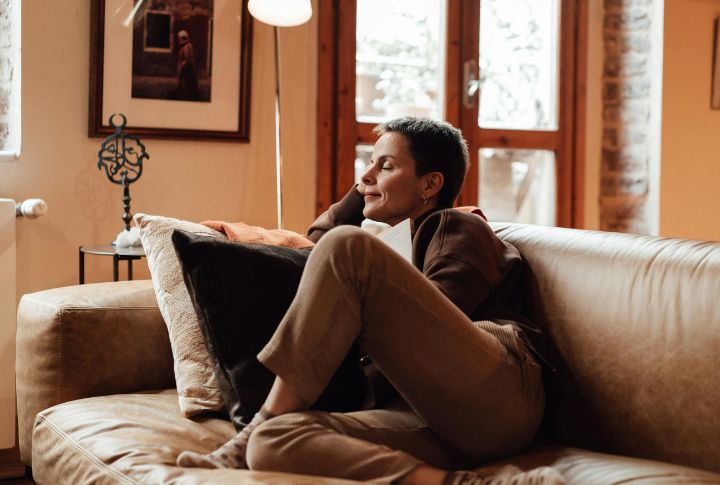
Your children aren’t absorbing life skills from lectures alone. Long before grasping complicated concepts, they’re reading your voice, your composure, your decisions. Every action you take becomes a silent tutorial on handling the world. What comes next are the unassuming habits your kids adopt just from watching you live.
Emotional Reactions To Stress

When grown-ups deal with trouble, kids watch how they handle it. Staying cool and figuring things out teaches great strength. On the other hand, showing anger or getting frantic teaches a stressful way of coping. Children simply take that playbook for whenever they face their own big worries or tough spots.
Verbal Communication Style

Young minds pick up on how you talk to everyone, not just the actual words. They begin to imitate your tone, politeness, and conversational rhythm—absorbing not just what you say, but how you say it. This observed pattern becomes their natural way of speaking and connecting with people as they grow up.
Conflict Resolution Approach

If there’s an argument, the way adults sort it out is the lesson plan. Kids just soak up the method. They end up using the tactic you show, whether it’s talking things through calmly or just giving up and avoiding the issue, as their main way to deal with arguments later on.
Work Ethic And Responsibility

From professional deadlines to basic home maintenance, your completion rate matters. Children notice that sticking with things and being dependable matter. The behavior they watch quietly builds their own future motivation and understanding of duty.
Technology Usage Habits

Children absorb lessons from the moment adults reach for a phone or tablet. The frequency of use and the ability to set it aside all leave an impression. These digital habits quietly teach them the standards for screen use and shape their approach to technology for years ahead.
Attitudes Toward Money

Money management isn’t abstract for children watching you navigate bills and purchases. Your saving discipline and spending patterns become their first financial education. Anxiety or intentionality around money both leave deep marks on their future habits.
Expressions Of Gratitude

Saying thank you is important, but showing you mean it is what counts. Young kids watch the sincerity and timing of your appreciation towards others. When they see you genuinely thank people, that simple, polite gesture grows into a natural, strong habit of being thankful.
Self-Care Habits

Pausing to rest or simply exist without doing anything is fundamental to self-care. Kids are always watching. Your ongoing commitment to your mental and physical health shows that treating yourself with compassion is a requirement, not a luxury.
Time Management Practices

Using a calendar, planning out chores, or being on time shows good organization. Kids absorb these ways of structuring a day without any lessons. Your careful method for handling everyday tasks quietly teaches them how to focus and get their own things done.
Responses To Failure

Kids notice your reaction when things go wrong more than you realize. The way you handle a mistake or setback creates their internal script for dealing with disappointment. Your words after a failure, your patience with yourself—all of it builds their understanding of resilience and what it means to keep going.

